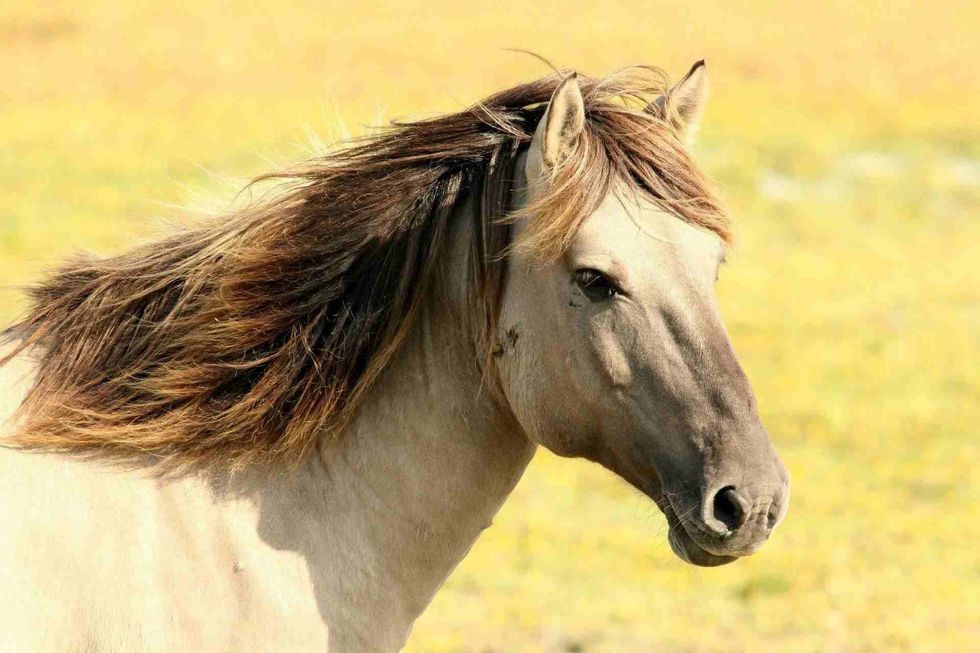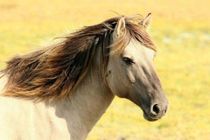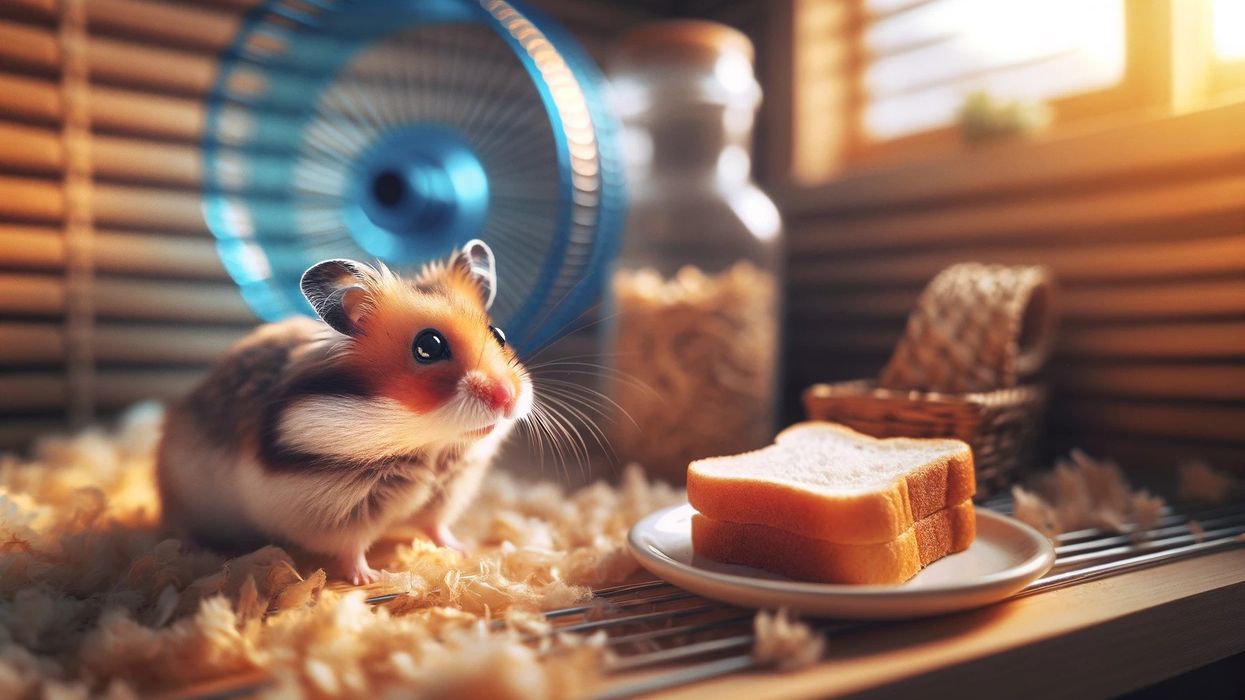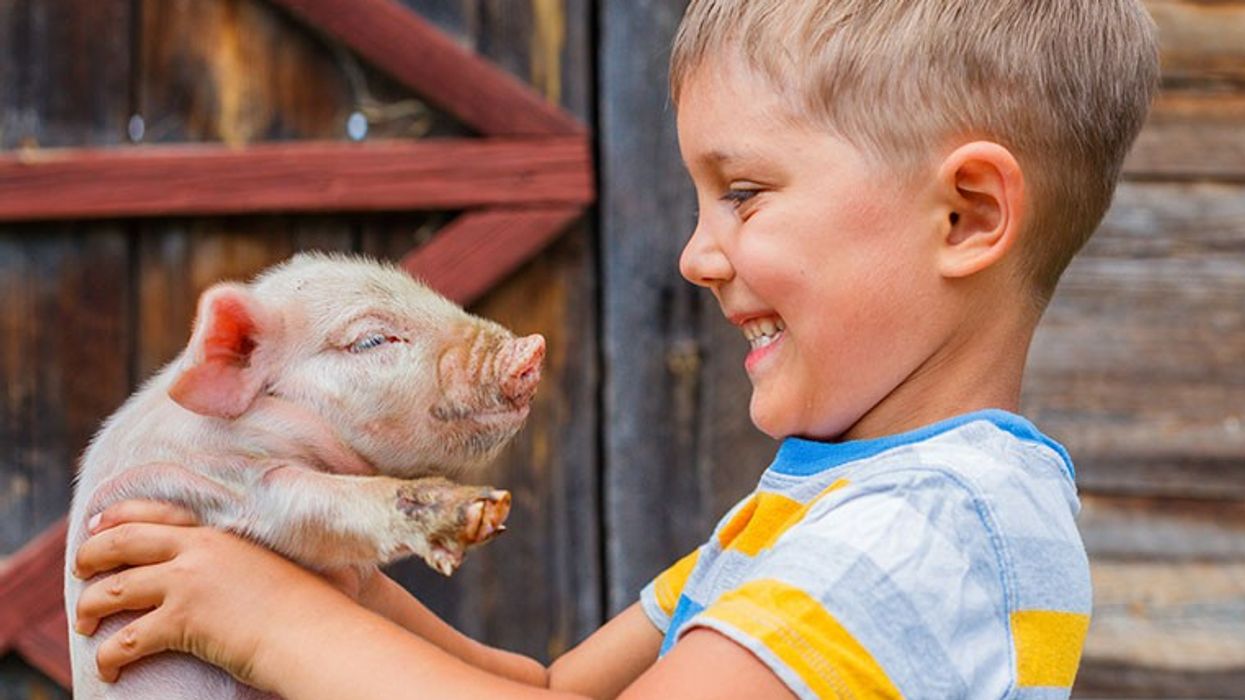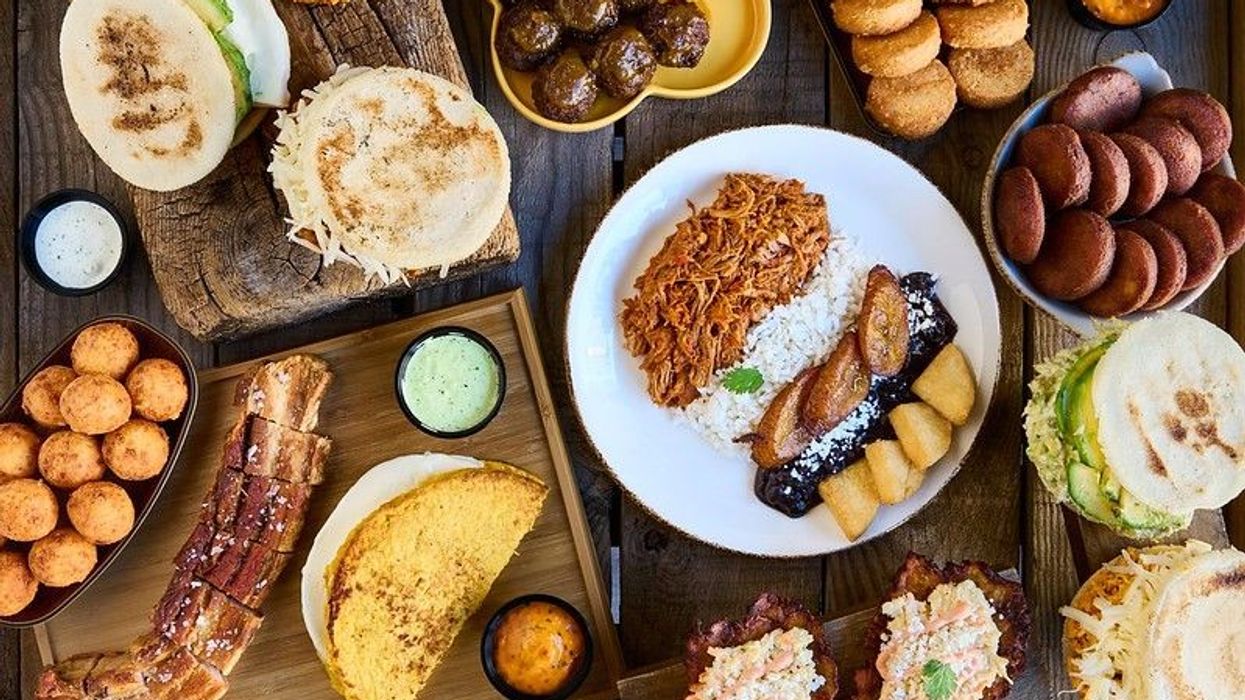The month of October and the iconic Halloween orange pumpkin provide a seasonal treat for a horse.
A horse and a pumpkin: have you ever heard these two words used together before? If not, you should know that a horse adores eating this delight or treat of a pumpkin along with its seeds and flesh.
A horse is as foody and inquisitive as a human. Unlike dogs, whose company is enjoyed by their owners in their houses, a horse's company can be enjoyed by riders in the stables.
Feeding pumpkin to your horse would indeed do no harm as a seasonal treat if given in a small amount or a couple of cups a day. The seeds and flesh of the pumpkin are believed to be anti-parasitic and protect horses from certain parasites.
Pumpkins are safe to feed to horses suffering from autoimmune abnormalities such as equine metabolic syndrome (EMS) and Cushing's disease.
Even though pumpkins are healthy for horses with blood sugar or insulin problems, there is no doubt that they contain sugar, but they do not cause blood glucose to rise as quickly in a horse as bananas or other sweet fruits and vegetables.
Feed pumpkin to a horse along with fruit and vegetables such as carrots and apples as a supplement. Pumpkin is a good source of potassium, calcium, vitamins, and minerals.
Along with this, you have to be cautious about how and in what quantity you are feeding the pumpkin to your horse. Certain horses may have some underlying health issues which affect their health.
If you enjoyed reading this article about how to feed pumpkin to your horse, then do read some interesting and surprising fun facts articles about can horses eat bananas and can leopard geckos eat fruit.
Is pumpkin good for horses?
The simple answer to the question is yes. As an owner, you should feel free to feed your horse. Pumpkins are good sources of potassium, nutrients, minerals, and vitamins such as vitamin E which are good for the heart health of these equine family members.
The orange pumpkin must remind you of Halloween night. Yes, these orange pumpkins are good for the health of horses, but they should not be given too much in one go and should be fed in small pieces or chunks.
When your horses eat any food, always look for a healthy snack that is safe in terms of its nutrients and contains good vitamins and minerals.
In the same way, even horses need to be fed with treats on a nutrient basis and if it is toxic for them, it should be avoided. Everything should be given in moderation so that the health of the horse is maintained and balanced.
If you are feeding pumpkin to horses, then always start with the minimum as a sudden change in the diet might affect their digestive system.
Can horses eat pumpkin seeds?
Yes, pumpkin seeds are not toxic and are safe for horses as a seasonal treat.
Pumpkins are good for eating and contain healthy vitamins such as vitamin A which is good for eyes and bones, vitamin E which is good for muscles, vitamin B3 whihc is good for energy, vitamin B9 which is good for genetic material, fiber which enhances digestion, and minerals such as potassium.
The seeds of pumpkins are safe and can be given to horses.
Always remember and ensure that you do not add any additional seasoning to the pumpkin seeds, as your horse might not like this seasoned snack and would enjoy it more in its raw state. You can even feed pumpkin puree to horses.
Horses love pumpkin puree as it might work as a soothing agent for them. Pumpkin seeds along with their flesh are known to have anti-parasitic effects which help with a horse's digestion.
Risks And Precautions Of Feeding Pumpkin To Horses
As long as your horse does not have any underlying health issues, feeding pumpkin is safe. A horse with hyperkalemic periodic analysis should be taken care of when feeding pumpkin to them because pumpkin is high in potassium, which deteriorates their health.
Pumpkins are safe and can be given as treats to horses with metabolic issues such as equine metabolic syndrome (EMS) and Cushing's disease.
Even though it is safe for horses with blood sugar or insulin problems, there is no doubt that there is sugar in pumpkins, but pumpkins do not induce blood glucose at a faster rate in a horse in comparison to bananas or any other sweet fruits and vegetables.
Only feed a couple of cups of pumpkin to a horse a day.
Always feed horses a limited amount of food. Feed your horse their preferred food or treats in small pieces because large pieces can hurt a horse's esophagus and stomach lining, further worsening the horse's digestive system.
A horse may experience choking if fed a large amount of hard food, such as fruit and vegetable pits or seeds. A rotten pumpkin or pumpkin with candle wax should never be fed to horses. Even on Halloween, half a divided pumpkin should not be included in the horse's diet.
What vegetables are bad for horses?
Vegetables such as cabbage, broccoli, onions, garlic, and rhubarb are not safe for horses and cause digestive problems.
Not only vegetables but there are many fruits and other food which are not healthy and may be poisonous as a treat for horses. Vegetables such as onions and garlic have a bad impact on the health of horses, such as affecting the red blood cell level.
Feeding cabbage and broccoli can be harmful to the digestive system of a horse because they lead to more gastric issues and, if ignored, can damage the inner lining of the stomach as well as the esophagus, causing gastric ulcers.
Rhubarb treats have an impact on a horse's health, specifically its urinary tract problems. If you feed rhubarb to a horse, then it might lead to kidney failure. Rhubarb contains calcium oxalates which horses cannot tolerate. A vet advises avoiding treating a horse with rhubarb as it can be toxic to them.
Fruit such as avocado can lead to multiple health issues, including colic. It is advised to not feed horses fruits with seeds or pips.
If you do give horses fruit with seeds in, then it should be sliced into pieces. Caffeine products are also not good for the heart health of horses. It should always be remembered that prior to feeding a horse with seasonal fruit and vegetables, their nutrient level or how often they are fed should be taken into consideration.
Here at Kidadl, we have carefully created lots of interesting family-friendly facts for everyone to enjoy! If you liked our suggestions for can horses eat pumpkin, then why not take a look at can male cats go into heat or horse fun facts for kids.


